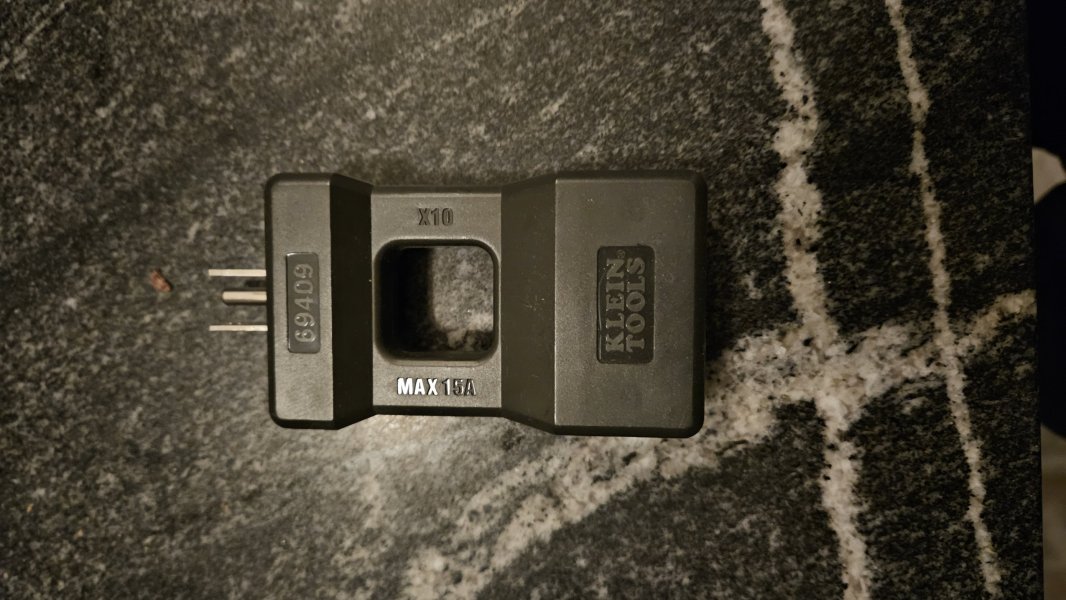sine wave… but calling a DC biased sinewave a signwave is clever.yes , but i cant see how dc can exisit on a signwave . possible as noise . the term dc on the mains is the effect not acual dc.
if the signwave is not .
Start with a sinewave and ran it through a diode.here is an AI reply but this is not really correct but does yield effects and why the term is used
…
Or start with a sine wave and run it through a bunch of SMPS up and down the streets and boulevards.
Then see what the sine wave looks like at your end.


